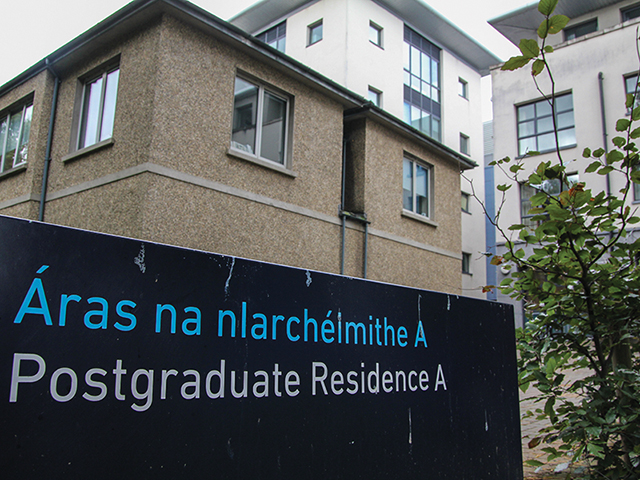
[dropcap]I[/dropcap]rish universities may be prohibited from borrowing money needed for development depending on a decision soon to be made by Eurostat.
Universities are left off the state’s balance sheet each year and can borrow money from banks such as the European Investment Bank (EIB). Institutes of Technology are included in the balance sheet and are banned from borrowing money.
If Eurostat decides that universities are included in the balance sheet, they would likely be restricted to smaller loans. Experts acknowledge that the state’s “fiscal space” is limited at the moment and if university borrowings were included on the national accounts, it would eat further into their resources.
DCU announced in April 2016 that they had borrowed €76 million from the EIB to partially fund developments across the four campuses. Universities in Ireland have borrowed almost €700 million in the last decade from the EIB. Trinity borrowed the most with €145 million.
The Central Statistics Office (CSO) is currently making a report to recommend which universities to include in the state’s accounts. Eurostat, the European statistics agency, will make the final decision based on their own findings and the CSO report. A decision is expected before 2018.
“The classification of universities is currently being revised by the CSO. This work is still in progress and until such time as a ruling has been made the CSO is not in a position to give more information,” said a CSO spokeswoman to the Irish Times.
In the past Eurostat have shown to differ from the views of the CSO. It was widely reported in 2015 that the CSO pushed for Irish Water to be listed as an off-balance sheet organisation. Eurostat decided it should stay on the balance sheet.
Borrowing has been an essential part of university expansion over the past decade as state investment declined and student numbers rose. The amount of people entering higher or further education is expected to climb by more than 25 per cent over the next decade.
€5.5 billion will be needed over the next 15 years to facilitate these increasing numbers, upgrades, health and safety improvements, equipment renewal and maintenance costs, according to the Cassells report into the future financing of higher education.
The Government announced an investment of €200 million in 11 institutes of technology in October, aimed at creating an additional 8,000 third-level places.
The EIB has financed investments to improve teaching, research and student facilities in all of Ireland’s universities over the past decade. They are currently examining additional funding for investment at other third-level institutions in Ireland.
Orla Dwyer



